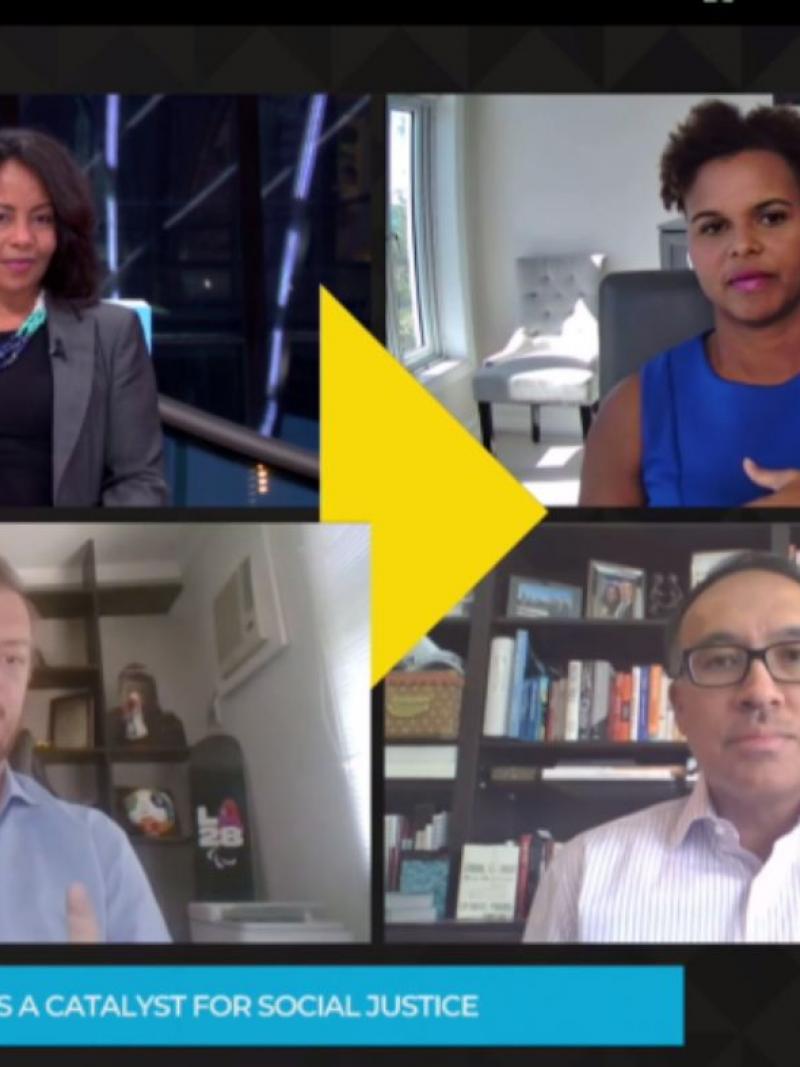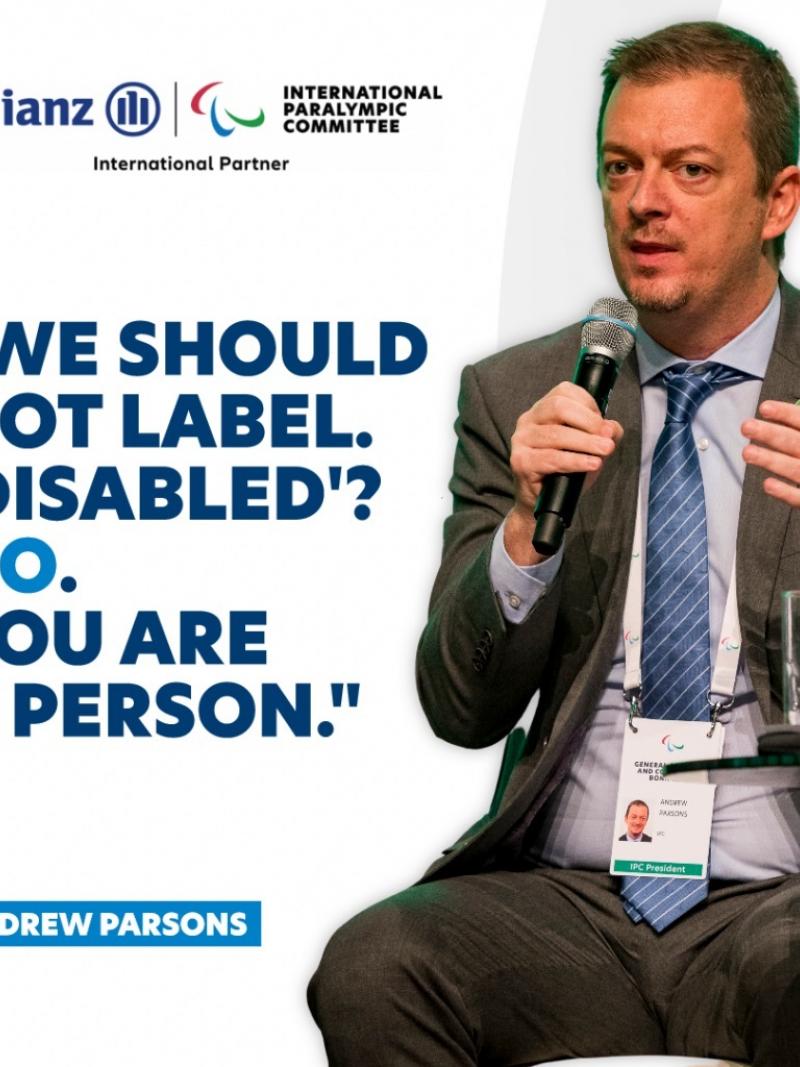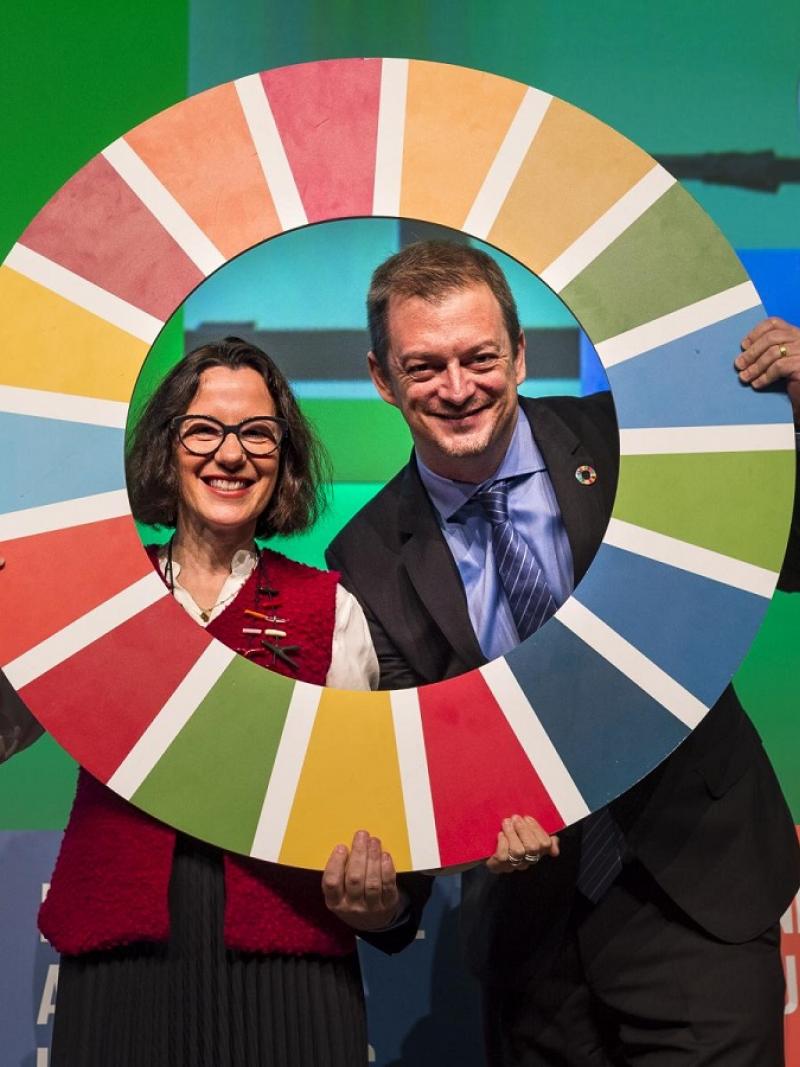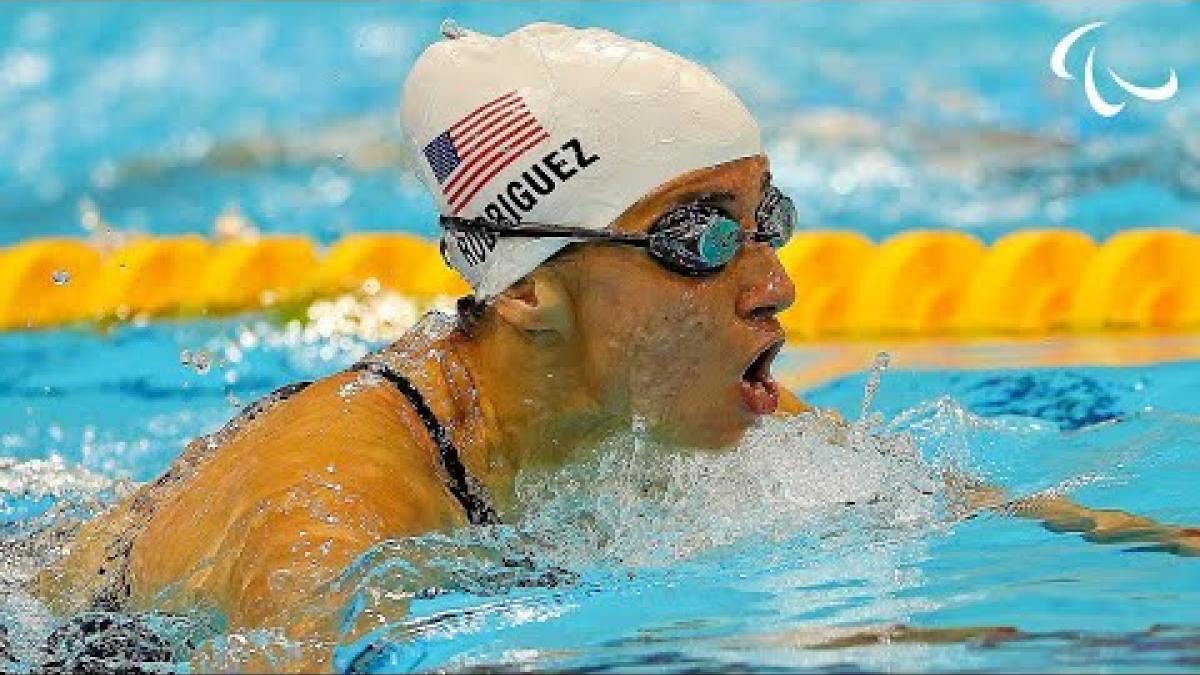Andrew Parsons joins SDG Global Festival of Action workshop
IPC President shares how Paralympic Games are a platform for change 01 Apr 2021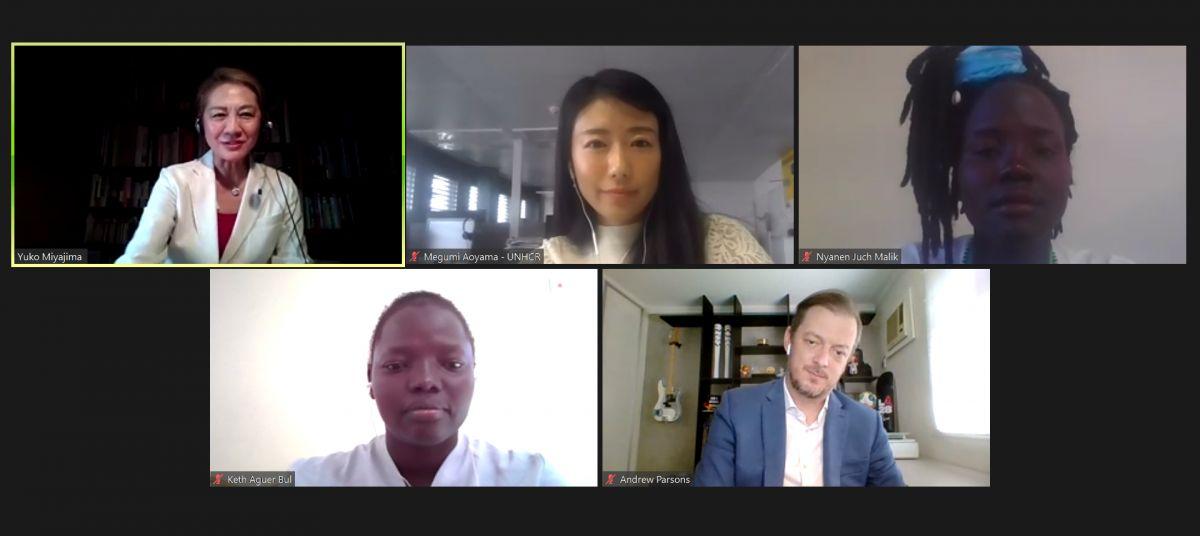
Six, 80 million and one billion - those are not numbers but people, emphasised International Paralympic Committee (IPC) President Andrew Parsons during a workshop for the Sustainability Development Goals (SDG) Global Festival of Action.
As part of the two-day global digital forum, the UN High Commissioner for Refugees (UNHCR) hosted “Going for the Gold with Global Goals: The Power of Sport for Refugees.” Parsons was among a four-person panel that included UNHCR representative Megumi Aoyama, and South Sudanese refugees Nyanen Juch Malik and Keth Aguer Bul to share insights on the topic.
Before explaining the Paralympics’ role in supporting people forced to flee their homes because of conflict, violence or persecution; Parsons first drew context by highlighting the 1 billion people in the world living with a disability and what the Games can mean for them.
“The Paralympic Movement is not only about the Games,” Parsons explained. “But the Paralympics are a platform to put light on the fact that there are 1 billion people around the world with disabilities and they are one of the most marginalised groups in the world.
“So when you have athletes inspiring the world, inspiring spectators in the stands and on television or on the Internet, there is a change in the way people perceive persons’ with disability. And why is it so powerful? It’s because of the vehicle, and the vehicle is the sport.”
As part of the IPC’s pledge at the UNHCR Global Refugee Forum in December 2019, the Refugee Paralympic Team was created to take part in the Tokyo 2020 Paralympic Games this summer. The IPC committed to promote access to sporting facilities, organised sports, and equal participation in sporting events for refugees.
The commitment goes further back to the Paralympics’ origins.
“We deal with marginalised people and we understand that refugees are also a marginalised population,” Parsons said. “But there is one thing you might not know – that the father of the Paralympic Movement Sir Ludwig Guttmann was a refugee himself.”
Guttmann was a doctor in Germany and fled to Great Britain with his family in 1939 just before World War II began. After the war, he created the concept of using sport as rehabilitation for soldiers, and from there the Paralympic Games developed. One of the quotes from Guttmann at the time was: “My dream is that every disabled person in the world becomes a taxpayer.”
“It means citizenship; it means a job and contributing to society,” Parsons said. “And it is our vision for disabled people, but it is also our vision for refugees because we want you also to be citizens.”
Through the group of six – the number of athletes the IPC hopes will make up the Refugee Paralympic Team – the Movement can send a message of hope to the billions of people watching the Paralympic Games and to raise awareness of this ongoing global crisis.
That is what one refugee - Ibrahim Al Hussein – has done since competing at his first Paralympics at Rio 2016. He lost his lower right leg while attempting to help a friend during a bombing attack in Syria and later fled to Greece, where he found the opportunity to swim competitively again. His story has served as a beacon of hope for many.
“These athletes, they are not invisible,” Parsons said. “They are human beings. People are not just numbers and we have to remind the world that.”






